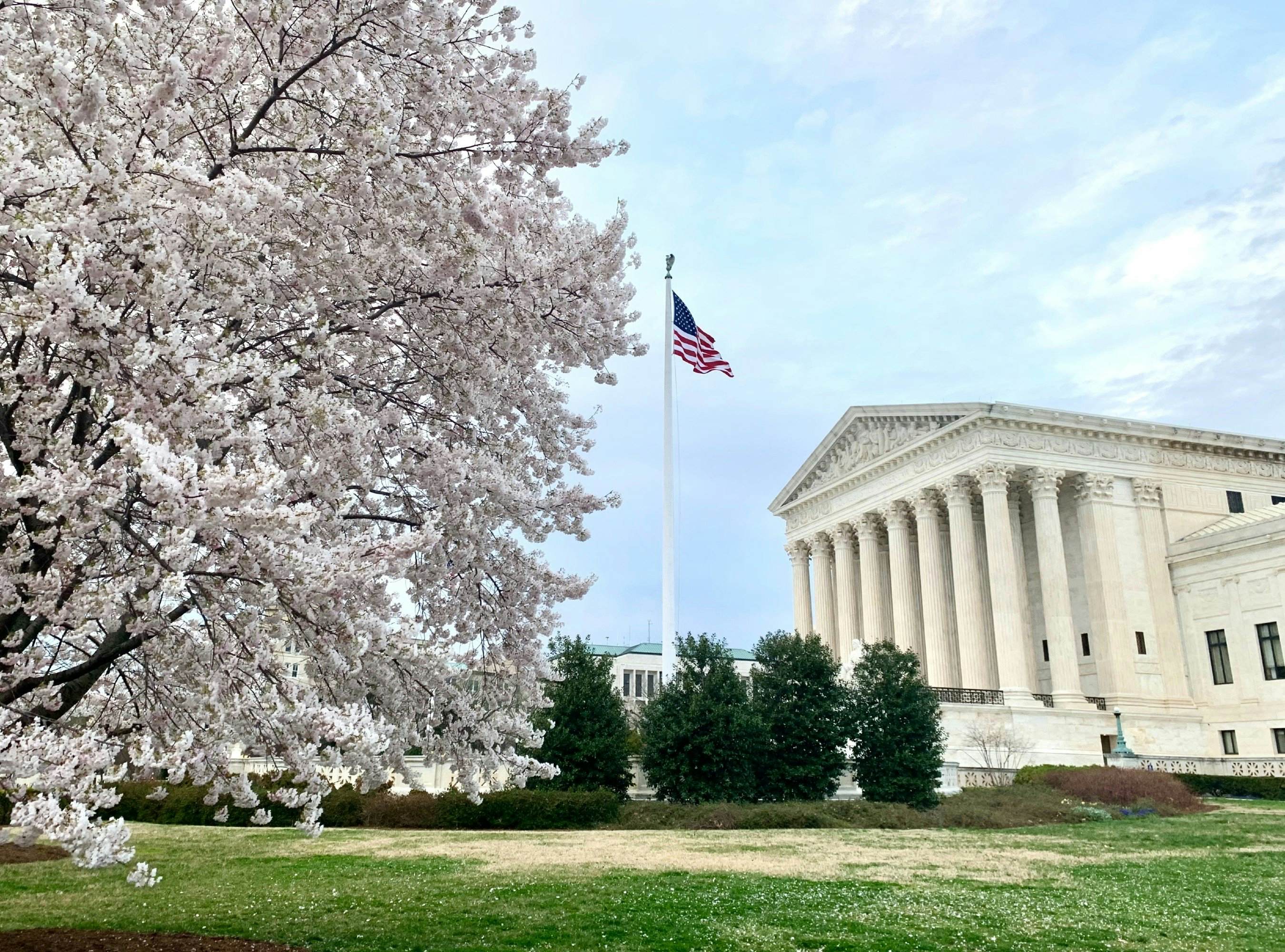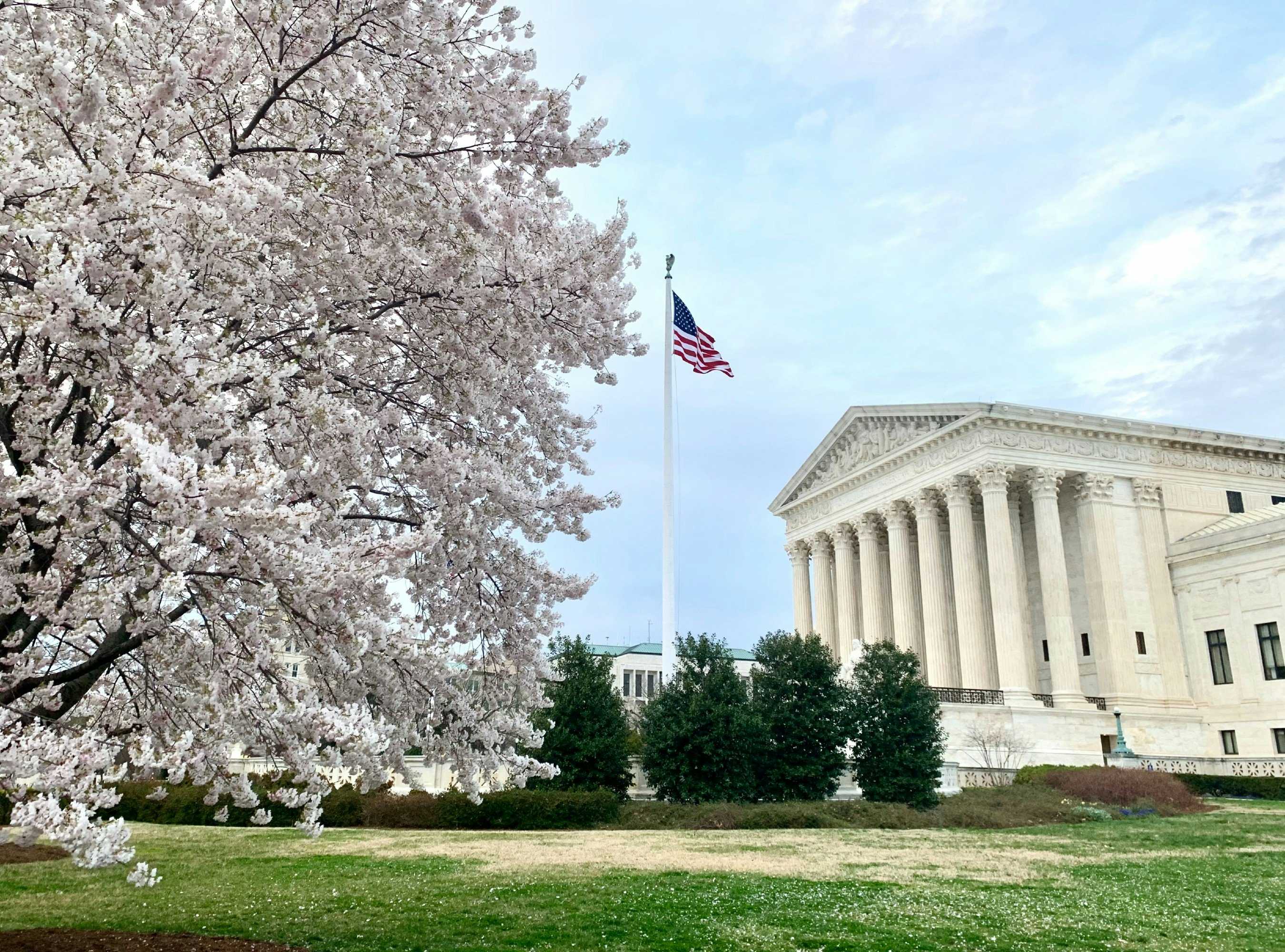The novel coronavirus has wreaked havoc on American industries and, as such, over 2,500 related lawsuits have already been filed in state and federal courts. These claims cover topics ranging from banks’ handling of relief funds to medical malpractice and negligence in nursing homes. These lawsuits represent the first wave in what will likely be a series of changes to longstanding laws and to the legal system itself.
In Search of Legal Protections
Given the wealth of health risks and resulting liability areas presented by COVID-19, individuals and organizations alike have quickly turned to any existing immunity and liability protection clauses. Business entities have also resorted to external sources of protection. Lobbying groups representing the eldercare, manufacturing, and independent business industries have begun pushing for additional protections from federal and state governments.
Higher education institutions have also echoed the call for legal protections. A group of 14 college presidents recently requested additional resources and immunities in a virtual meeting with Vice President Pence and Education Secretary Betsy DeVos. In an opinion column, Jennifer C. Braceras, director of Independent Women’s Law Center, argues these protections are critical for any college to reopen in the fall.
Congress has also acted to change immunity and liability protections for certain industries. The Public Readiness and Emergency Preparedness (PREP) Act was amended in February 2020 and again in April 2020. It authorizes the Secretary of Health and Human Services (HHS) to issue a declaration granting immunity from liability to various health entities, such as vaccine makers or distributors. The Secretary of HHS cannot declare immunity for acts of willful misconduct under the PREP Act but can declare immunity for acts stemming from negligence, for example.
Insurance Claims
Some insurance claims, like those for auto accidents, have decreased dramatically as states embraced shelter in place orders. Many commercial insurance claims, however, have increased significantly. These include claims under business interruption coverage for the effects of state-mandated closures. Many policies include certain business interruption coverage that specifically excludes interruptions caused by a viral infection. To help protect businesses, several states have proposed legislation that would require insurance companies to cover business interruption claims.
New Jersey, the first of these states to propose such a bill, later withdrew the bill before it could be passed into law. Several other states, however, are also considering such legislation. Meanwhile, businesses throughout the country are already filing lawsuits over business interruption coverage for coronavirus-related claims. One such case, filed in the Eastern District of Pennsylvania, two restaurant owners are seeking to have a class of similarly-situated businesses certified in order to pursue claims that insurers have inappropriately denied coverage for COVID-19 interruptions.
Employment Disputes
To date, employment law claims have lagged behind other types of claims related to COVID-19. However, some early employment claims are already reaching the courts—and more are likely to follow.
One example is a complaint filed in Jefferson County, Kentucky against Trader Joe’s grocery stores. In the complaint, a former employee alleges that Trader Joe’s fired him after raising concerns about his store’s failure to abide by safety and health guidelines laid out by the state’s governor. In particular, the former employee raises concerns about lack of sanitizer and cleaning products, lack of a proper cleaning routine, and the need for staff to wear personal protection equipment (PPE), including masks, gloves, and aprons.
A second case filed in Kentucky, Norris v. Schoppenhorst-Underwood & Brooks Funeral Home, LLC, also focuses on alleged whistleblower retaliation related to concerns about COVID-19. In the complaint, a former employee claims she was terminated after voicing social distancing concerns related to funeral services provided by her employer, a funeral home.
In Alaska, a public employee union has filed a class action against the state. The lawsuit is representing 7,900 state employees who claim the state failed to enact proper health precautions within certain public offices that remained open during the pandemic.
In addition to whistleblower claims, employment claims surrounding disability discrimination and paid or unpaid leave may surface as well. Employers’ action or inaction to accommodate staff with coronavirus symptoms or confirmed infections may implicate statutes like the Americans With Disabilities Act (ADA) or the Family and Medical Leave Act (FMLA). As the pandemic continues, so will the potential for such lawsuits to appear.
Technology in the Courtroom
The U.S. Supreme Court changed a centuries-old tradition recently when it allowed oral arguments to be broadcast live from the office of the solicitor general. In another twist, the justices and counsel cannot see each other, relying only on audio communications. Lower courts have also begun to embrace videoconferencing and other forms of technology in order to comply with social distancing measures and help protect the health of court staff and the public.
The justice system has been historically slow to embrace electronic methods of doing business. Now, however, moving hearings and other tasks online has become preferable, in many instances, to the alternative of postponing these matters indefinitely.
As technology becomes more commonplace in the courtroom, it is not inconceivable that claims may arise alleging violations of criminal defendants’ speedy trial rights, on the grounds that videoconferencing or similar tools could have been used but weren’t. While it’s too early to predict the outcomes of such cases—which remain hypothetical—such a claim could pose an opportunity for the courts to address a rapidly changing aspect of the legal system and address another unprecedented area in legal history.




